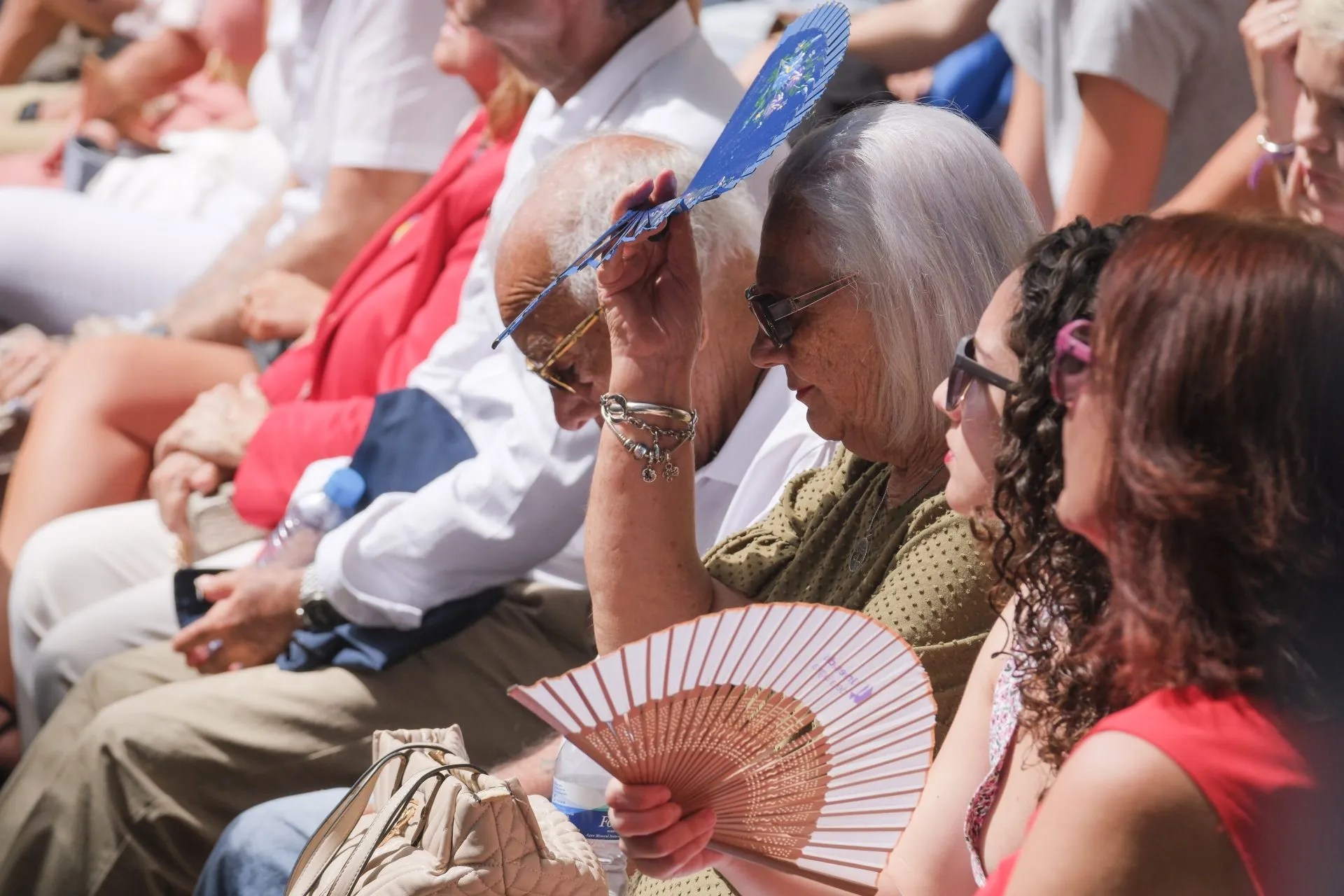Located in the heart of the urban centre of one of the sunniest municipalities in Tenerife, you’ll find the central park of Adeje. It is the only public forest in the Canary Islands that is productive and edible. Covering over 32,000 square meters, once completed, it will be home to approximately 25,000 species of fruit trees, palm trees, ornamental plants, herbs, and medicinal plants.
This remarkable green space in the south was established four years ago by Robert Kennedy, a lawyer, environmental activist, and nephew of former US President John Fitzgerald Kennedy (JFK). Kennedy planted a dragon tree here as a symbol of “a sustainable world in the battle against climate change.”
During yesterday’s visit, the Minister of Ecological Transition and Energy of the Canary Islands Government, Mariano Hernández Zapata, emphasised the importance of reintroducing nature into cities. He stated that “urban forests and green spaces are vital as carbon sinks and as refuges for climate change, as well as aiding in the conservation of species and animal habitats.” Zapata highlighted the investment of over 400,000 euros in this project, emphasizing that it serves as a crucial model for future preparedness, especially considering that such green spaces are essential in Canary Islands’ cities as tools for climate adaptation to combat issues like the increasingly common heat waves.
Furthermore, Zapata noted that “municipalities in the Canaries can look to Adeje and this project as an example to emulate in other areas of the Islands, contributing to environmental preservation.”
The Mayor of Adeje, the socialist José Miguel Rodríguez Fraga, expressed his satisfaction “in sharing the positive impact of our project in Adeje with the rest of the Islands through the central park’s productive forest. Over the past four years, we have harvested 150 tons of fruits and vegetables, distributed by the Food Bank to those most in need in the municipality.”
He also highlighted the employment opportunities created for Adeje residents, with 120 to 130 individuals entering the job market annually through this project. “In these four years,” he added, “around 500 Adeje residents have contributed to building this park and have found job opportunities. This park belongs to them, and our collective efforts have led to their integration into the workforce and a sense of ownership among these families, who see this park as the result of their hard work.”
In 2021, the Department of Ecological Transition awarded a direct subsidy of 374,956 euros to the Adeje City Council for this project, with a total budget of 412,452 euros.
In addition to the vast botanical garden, the park will feature a 290 cubic meter lagoon teeming with birds, fish, and a small waterfall. The northern section includes spaces dedicated to promoting local agriculture, artisanal crafts, and hosting open nature classes to showcase various agroforestry techniques.
An old warehouse previously used for tomato packaging will be renovated for this purpose. This space aims to raise awareness about the importance of local agriculture, promote research, craftsmanship, and add value to a tourist destination striving for excellence, as explained by the Mayor of Adeje in a recent interview. He emphasised the need for the tourism industry and the agricultural sector to align and collaborate.
Rodríguez Fraga also stressed that the tropical mini-forest in Adeje is a “tribute” to the environment and a “green lung” in an urban area that has emerged as the new economic centre of the municipality.















